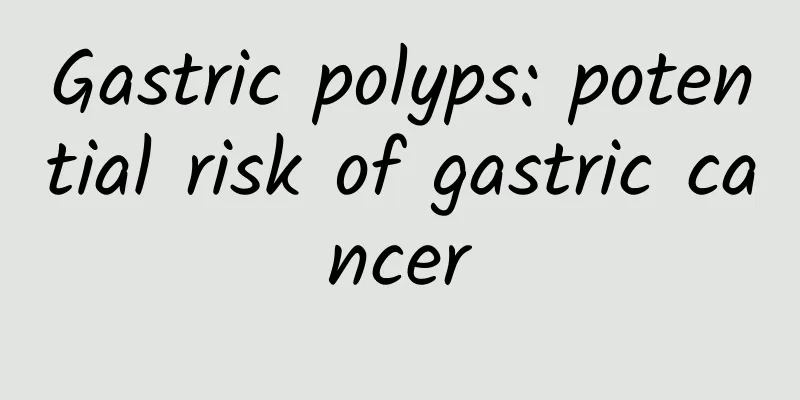Gastric polyps: potential risk of gastric cancer

|
Gastric polyps, a common gastric lesion, often have no obvious clinical symptoms and are mostly discovered accidentally during upper gastrointestinal endoscopy. There are many types of gastric polyps, among which adenomatous polyps are one of the most concerned. Adenomatous polyps, also known as gastric adenomas, are considered precursors to gastric cancer. These polyps usually occur in the setting of gastric mucosal atrophy, but may also occur independently. According to Chinese literature, the probability of malignant transformation of adenomatous polyps is about 20.8%. Compared with other types of polyps, adenomatous polyps are more common in the gastric antrum, with a small number occurring in the cardia and gastric body. It is worth noting that adenomatous polyps can be divided into four types according to pathological characteristics: intestinal type, foveal type, pyloric gland type and oxyntic gland type. Among them, intestinal type and foveal type are more common. Intestinal type adenoma is the most common gastric adenoma and has the highest risk of malignant transformation. When the tumor is larger, grows without a sessile structure and has a villous outline on the surface, its risk of malignant transformation increases further. It has been reported that the canceration rate of gastric adenomas with a diameter greater than 2 cm is as high as 70.59%. In addition to adenomatous polyps, hyperplastic polyps and fundic gland polyps are also common types of gastric polyps, accounting for about 90% of all gastric polyps. Although these types of polyps are generally considered benign, they occasionally have the risk of malignant transformation. For people with related symptoms or family history, regular gastroscopy is the key to preventing and early detection of these lesions. At the same time, maintaining good living habits and eating habits can also help reduce the risk of disease. Through early detection and intervention, we can effectively reduce the incidence of gastric cancer and increase the cure rate. |
<<: Relationship between menarche, menopause age and breast cancer incidence
>>: Why do you get colorectal cancer?
Recommend
What harm does ovarian cyst do to the female body?
Ovarian cyst is a gynecological disease that can ...
Can I eat glutinous rice during menstruation?
There are many delicious foods made with glutinou...
The reason why girls have big knee bones
What is the reason for girls' big kneecaps? I...
What are the clinical manifestations of vulvar eczema?
I believe women all know that their vulva is very...
Can nipples be bleached?
Generally speaking, people's nipples are pink...
Can I drink vodka during my period?
Vodka is a very famous liquor in Russia. With the...
Effects of taking progesterone after ovulation
For many women who are preparing for pregnancy, d...
What should I do if vaginal itching recurs?
The vulva is a unique part of the female body and...
“Silent hypoxia” is all over the news! Is it necessary to buy a blood oximeter or oxygen concentrator? Can smart watches replace them?
Recently, products such as blood oximeters and ox...
Can I use moxa fumigation when I have my period?
Nowadays, many people are often obsessed with mox...
When do ginkgo nuts mature? How often do ginkgo nuts bear fruit?
Ginkgo trees have a very long history on Earth an...
What to do if you have chest tightness, shortness of breath, and difficulty breathing during early pregnancy
Every woman will experience different symptoms du...
How long does it take to induce labor? Is the induction operation fast?
As society becomes more and more developed and me...
Five physical conditions that make women embarrassed
Condition 1: Breasts are not firm enough Xiao Jie...
How many days does it take for the lochia to be clear after a spontaneous abortion?
Whether it is a natural miscarriage or an induced...









